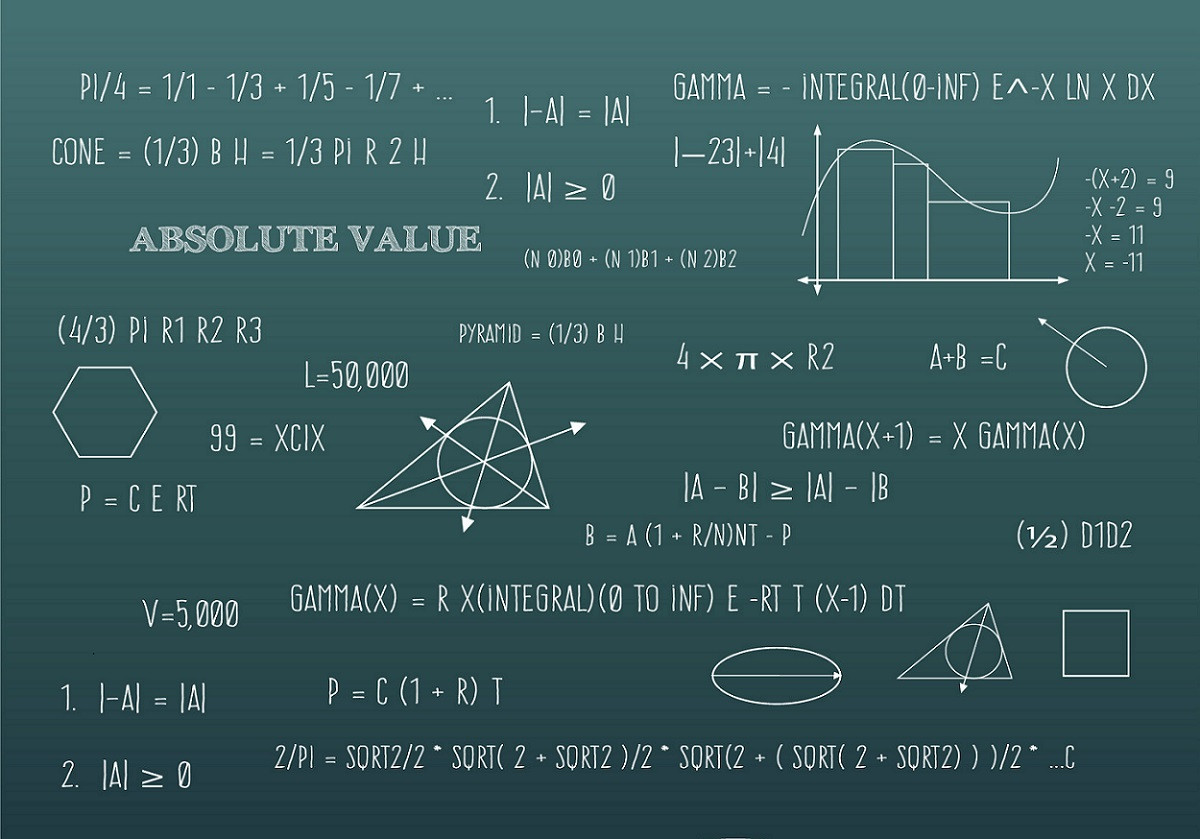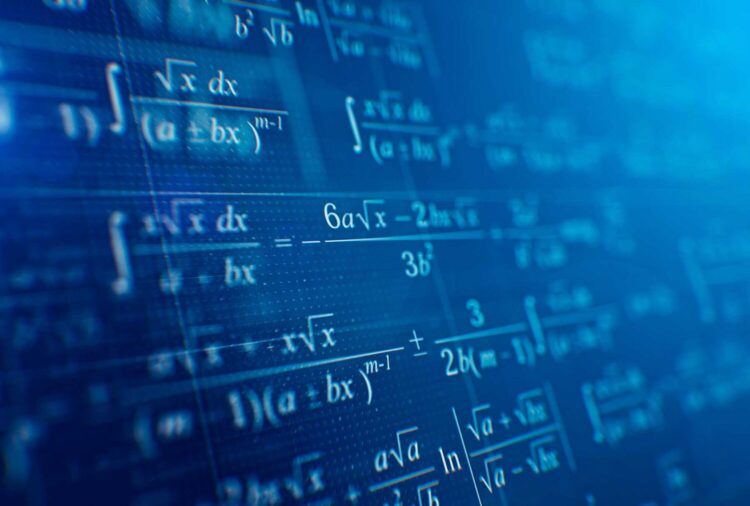Mathematical analysis is a foundational branch of mathematics that delves deep into the study of functions, limits, derivatives, integrals, and infinite series. It provides the tools and techniques necessary for understanding the behavior of mathematical functions and solving complex mathematical problems.
For beginners, diving into the world of mathematical analysis can be both exciting and daunting. This comprehensive guide aims to demystify the key concepts and principles of mathematical analysis, providing a step-by-step approach to help you navigate this intricate field with confidence and clarity.
Whether you are a student taking your first course in analysis or a curious mind seeking to expand your mathematical knowledge, this guide is designed to equip you with the fundamental skills and insights needed to embark on your journey through the fascinating realm of mathematical analysis.
Introduction to Mathematical Analysis
 Welcome to the beginners guide to mathematical analysis, where we will explore the foundational concepts and principles of this essential branch of mathematics. Mathematical analysis is a fundamental area of study that focuses on the analysis of functions, sequences, and limits to understand the behavior and properties of mathematical objects.
Welcome to the beginners guide to mathematical analysis, where we will explore the foundational concepts and principles of this essential branch of mathematics. Mathematical analysis is a fundamental area of study that focuses on the analysis of functions, sequences, and limits to understand the behavior and properties of mathematical objects.
Through the use of rigorous logic and reasoning, mathematical analysis provides a framework for understanding calculus, differential equations, and other advanced mathematical topics. In this guide, we will cover key concepts such as continuity, differentiability, and integration, providing you with the necessary tools to tackle more complex mathematical problems.
Join us on this exciting journey into the world of mathematical analysis, where we will unlock the secrets of the mathematical universe.
Understanding Functions and Limits
 When delving into the foundations of mathematical analysis, it is essential to develop a strong understanding of functions and limits. Functions serve as a fundamental concept in mathematics, representing the relationship between input values and output values.
When delving into the foundations of mathematical analysis, it is essential to develop a strong understanding of functions and limits. Functions serve as a fundamental concept in mathematics, representing the relationship between input values and output values.
They can be linear, quadratic, exponential, or many other forms, each with its own distinct characteristics. Limits, on the other hand, play a critical role in calculus, helping to define the behavior of functions as they approach specific values.
By grasping the concepts of functions and limits, mathematicians can gain insight into the behavior of mathematical systems and solve a wide range of complex problems.
The Concept of Continuity
 Continuity is a fundamental concept in mathematical analysis that plays a crucial role in understanding the behavior of functions.
Continuity is a fundamental concept in mathematical analysis that plays a crucial role in understanding the behavior of functions.
A function is said to be continuous at a point if the value of the function at that point is close to the values as the input approaches that point. In simple terms, it means that there are no sudden jumps or breaks in the graph of the function.
Continuity allows us to make predictions about the behavior of functions and is essential for describing the smoothness and connectedness of mathematical objects. In mathematical analysis, continuity is often used to study the properties of functions and to prove various theorems.
Understanding the concept of continuity is key for any beginner delving into the world of mathematical analysis.
Conclusion
In conclusion, this beginners guide to mathematical analysis has provided a solid foundation for understanding the key concepts and techniques necessary for success in this field. By exploring topics such as limits, continuity, and differentiability, readers have developed a deeper understanding of the fundamental ideas that underpin mathematical analysis.
Additionally, the importance of Verification of limits using the definition has been emphasized, highlighting the value of rigor and precision in mathematical reasoning. With further study and practice, readers can continue to build upon these concepts and enhance their skills in mathematical analysis.

